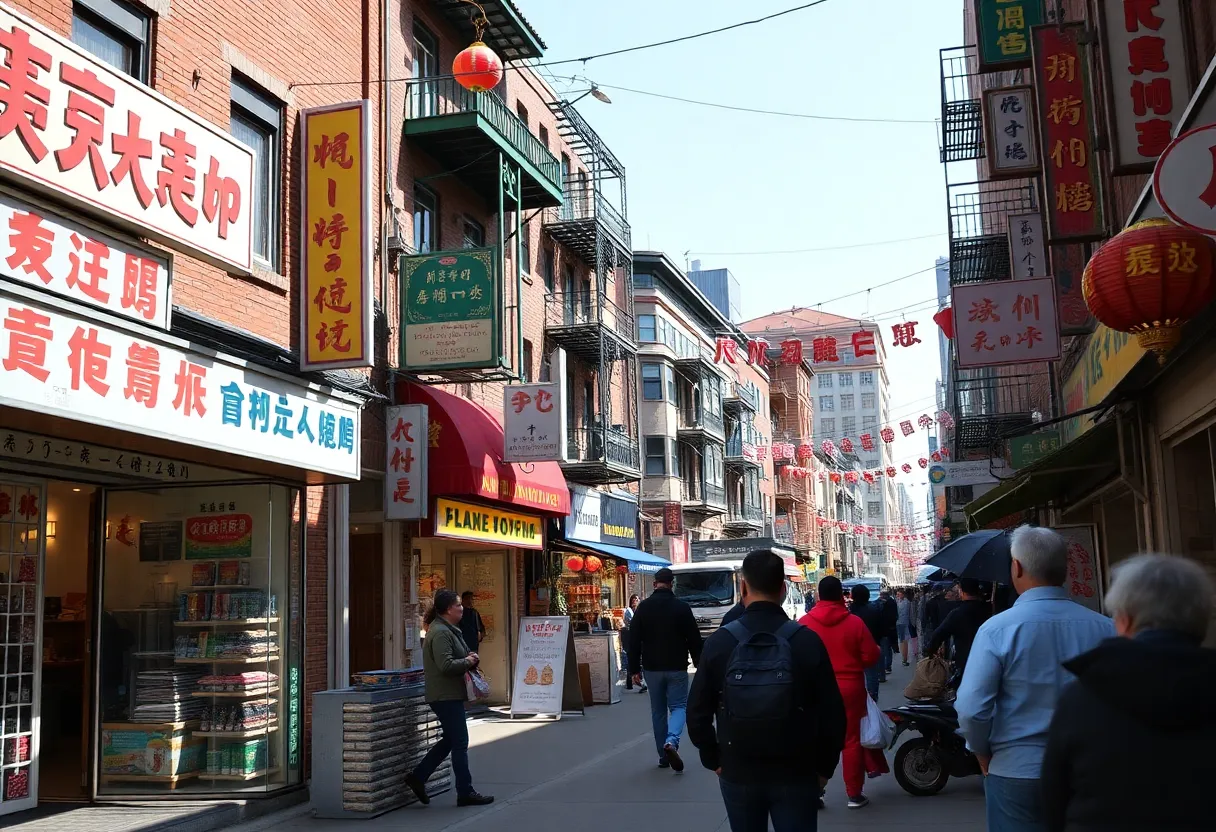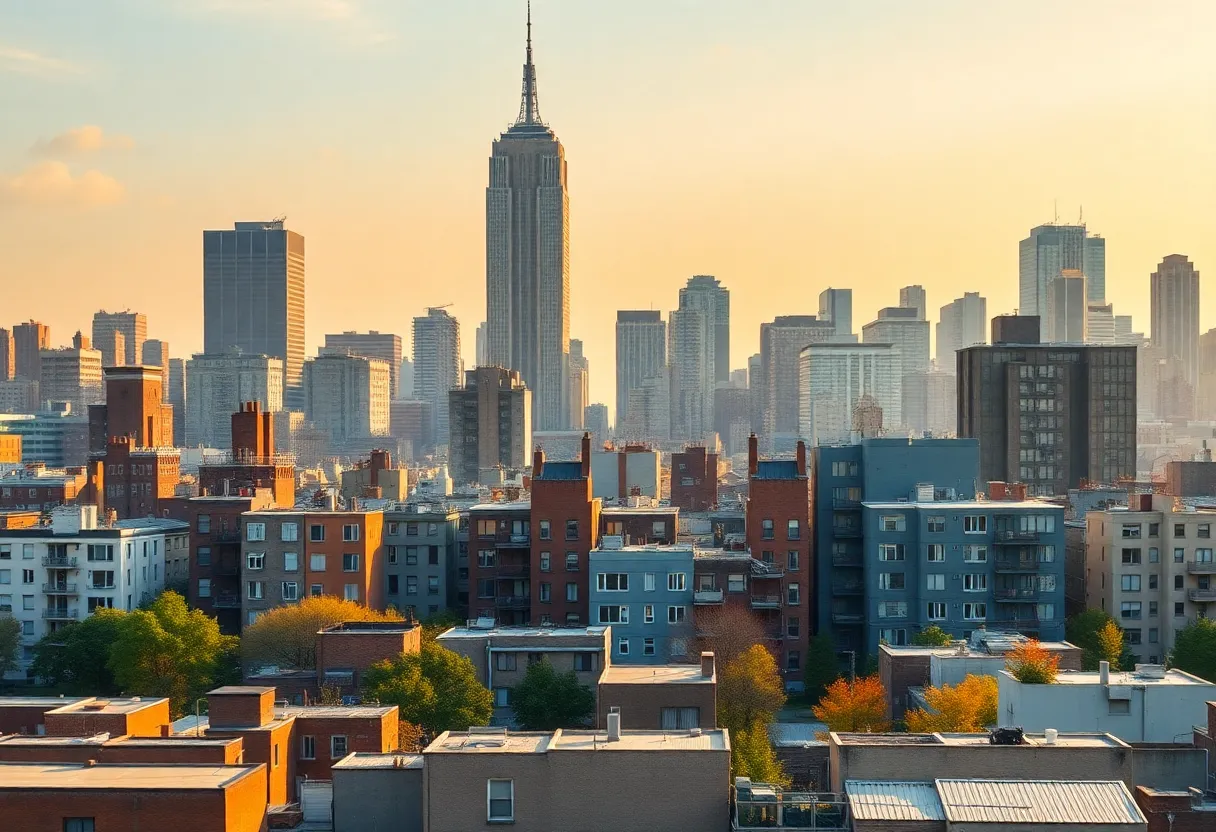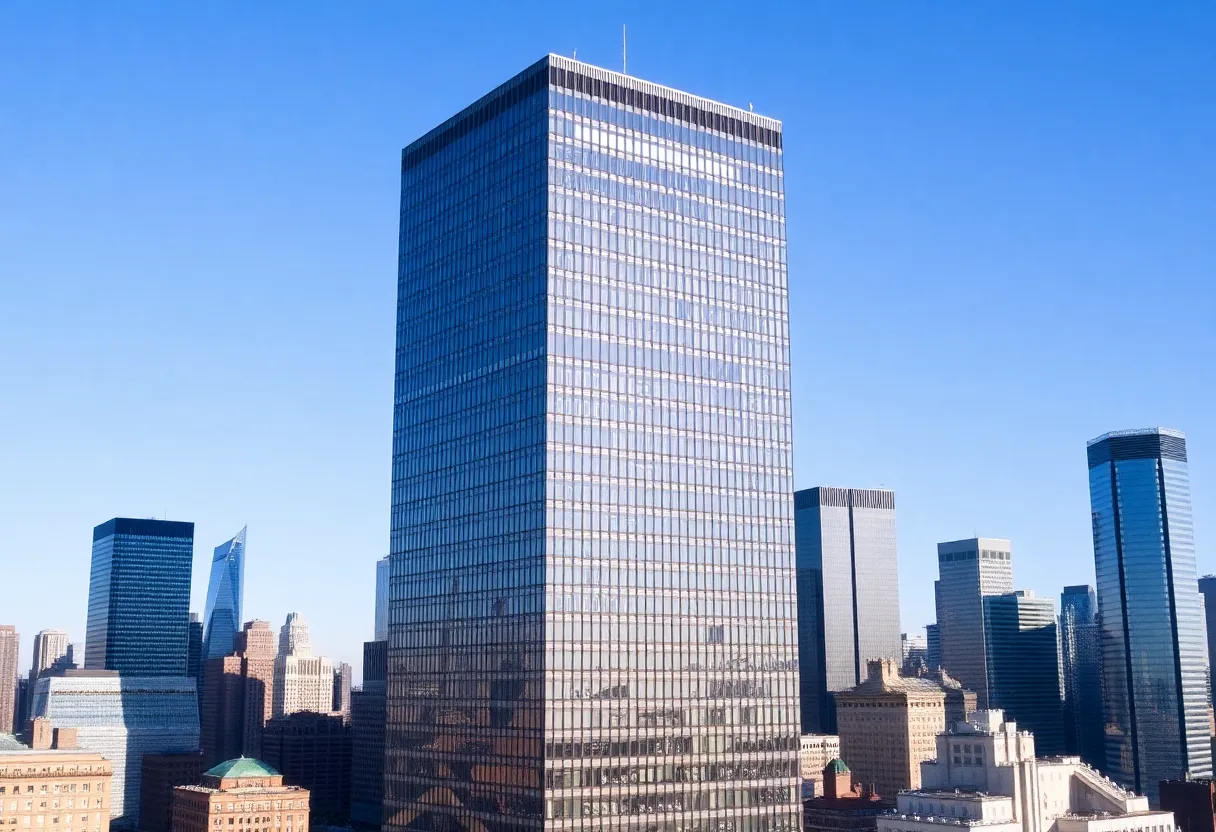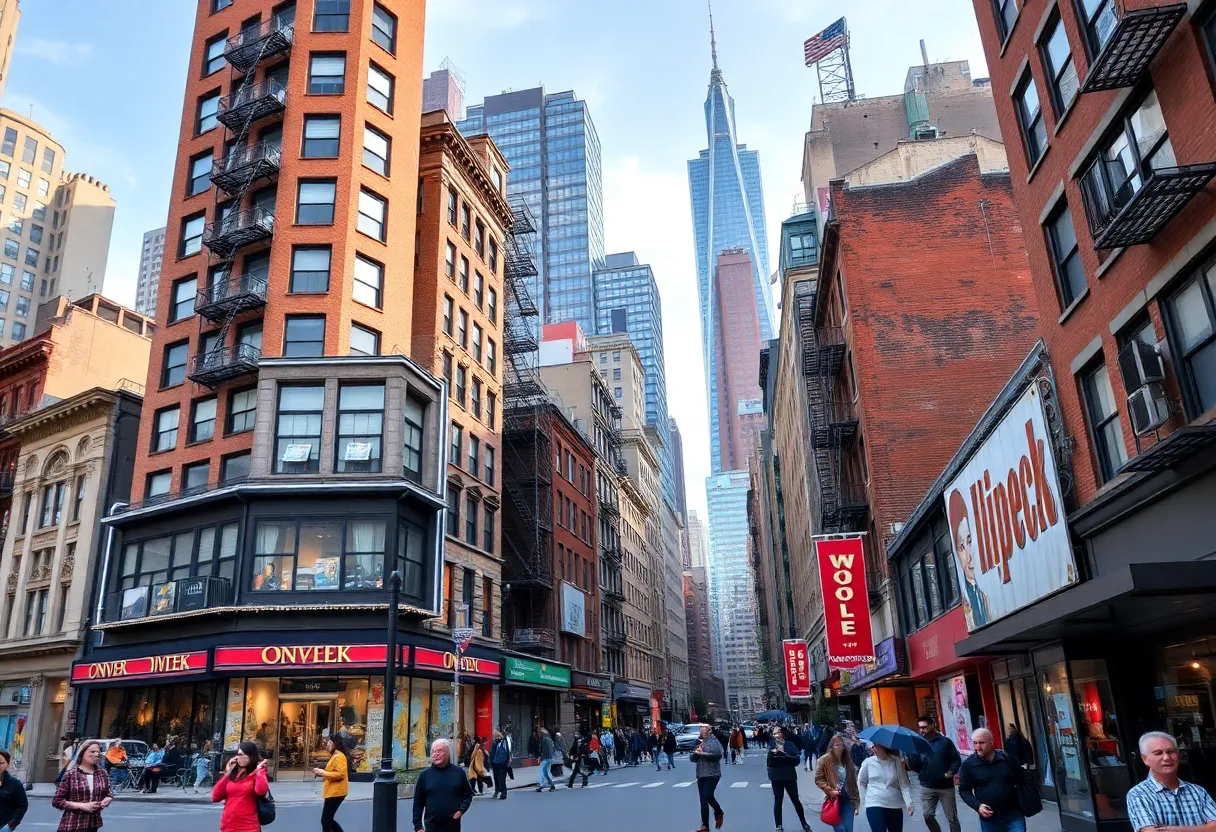News Summary
Immigrant-owned businesses in Chinatown are facing significant challenges due to the ongoing trade war with China, resulting in rising costs and reduced revenues. Tariffs on Chinese imports have led to substantial price increases, threatening the survival of long-established local shops like ice cream parlors and herbal stores. Entrepreneurs are caught between maintaining affordability for customers and absorbing increased expenses from suppliers. Many fear that continued tariff impacts could jeopardize their operations and the vibrant economic fabric of the Chinatown community.
New York City – The ongoing trade war with China is placing significant strain on immigrant-owned businesses in Chinatown, where many long-established shops are grappling with rising costs. As tariffs on Chinese imports have increased between 34% and 145% under President Trump’s administration, local entrepreneurs are struggling to maintain affordable prices while dealing with skyrocketing supplier costs.
Christina Seid’s ice cream shop, a beloved family establishment in the area for nearly 50 years, exemplifies the challenges these businesses face. Seid is committed to keeping the prices of her ice cream scoops affordable. However, she is confronted with increasing expenses because the materials for her ice cream cups and packaging are sourced from California and Taiwan, respectively, and all are subject to tariff price hikes.
Another business owner in Chinatown, Jen, who specializes in selling Chinese merchandise, has been forced to raise some prices while absorbing costs on popular items to remain competitive. Similarly, M.D. Ali, who owns a local shop, reports that the prices from his distributors have risen by approximately 30% due to the added tariffs. He has increased his prices, yet he continues to experience financial losses as he strives to keep his business afloat.
Businesses in Chinatown are increasingly hopeful for a resolution to the trade war, fearing that further impacts could jeopardize their operations. In Los Angeles’s Chinatown, Amy Tran has also experienced the repercussions of rising prices, particularly on Chinese herbal products. Tran recently raised the cost of an item from $6 to $7 after her distributor impacted her pricing with a $35 hike.
Tran, like many others, struggles to achieve profitability and is contemplating further price increases on other imported goods. Robert Lee, the owner of Jin Hing Company, has a sufficient inventory for the short term but is considering alternative sourcing for jewelry if tariffs persist. The ramifications of the tariffs extend beyond local sales; they also affect exports as demand for U.S. goods is diminished due to retaliatory tariffs from China, which can be as high as 125%.
Additionally, businesses owned by Chow are experiencing a customer decline, exacerbated by pandemic-related issues compounded by tariff-induced price increases. The interconnected nature of Chinatown’s ecosystem, which encompasses residential, commercial, and institutional elements, makes it particularly vulnerable during these economically challenging times.
Over the past decade, Chinatown has suffered a substantial drop in business numbers due in part to gentrification. The median household income in Los Angeles’s Chinatown is around $36,000, significantly lower than the county’s average, making economic resilience a critical concern for the community.
Mary Lu Wang observes a notable decrease in her sales as she limits her orders of imported products, at times making only $27 in profits on certain days. The challenges extend to the restaurant sector as well; Cory Ng, owner of Phoenix Palace in New York City, reports that the cost of essential ingredients has nearly doubled due to tariffs. For instance, a 40-pound bag of rice has surged in price from $25 to $61, placing considerable strain on restaurant operations.
Ng is striving to avoid passing these costs onto customers while expressing concern over future supplies and prices. In light of the volatile situation, some suppliers in the area may be forced to shut down temporarily. Nonetheless, Ng emphasizes the importance of the restaurant’s role in the community and its legacy, highlighting the resilience of Chinatown’s businesses despite the challenges they face.
As the trade war persists, the collective fate of Chinatown’s businesses remains uncertain, with many engaging in difficult maneuvers to navigate the complex economic landscape dictated by rising tariffs. The survival of these immigrant-owned enterprises is critical not only for their owners but also for the cultural essence and economic fabric of the Chinatown community.
Deeper Dive: News & Info About This Topic
HERE Resources
A Cultural Comparison: Los Angeles vs. New York City
Additional Resources
- CBS News
- Wikipedia: Tariffs
- The Guardian
- Google Search: Chinatown tariffs
- NBC Chicago
- Google Scholar: Chinatown businesses impact of tariffs
- Reuters
- Encyclopedia Britannica: Trade War
- Chicago Tribune
- Google News: impact of tariffs on Chinatown







